About Algeria
Algeria is the largest country in Africa, with an area of 2,381,741 km² and a population of an estimated 46 million inhabitants in 2023. This population is mainly concentrated in cities such as Algiers, which is the largest city and capital of the country, Constantine, Oran, and Batna, which implies an ever-increasing demand for housing. In 2022, 75% of Algerians resided in urban areas, of which 13% lived in slums (World Bank, 2023).
Algeria has made significant strides in addressing affordable housing challenges through various government initiatives, including mass housing projects and social housing programs. The country has implemented policies to provide subsidized housing for low-income populations, with a focus on improving legal frameworks to facilitate land acquisition and housing finance. However, challenges such as bureaucratic inefficiencies, land disputes, and financing constraints
persist. Strengthening Algeria’s legal and regulatory environment will be essential to sustaining and expanding its affordable housing sector.
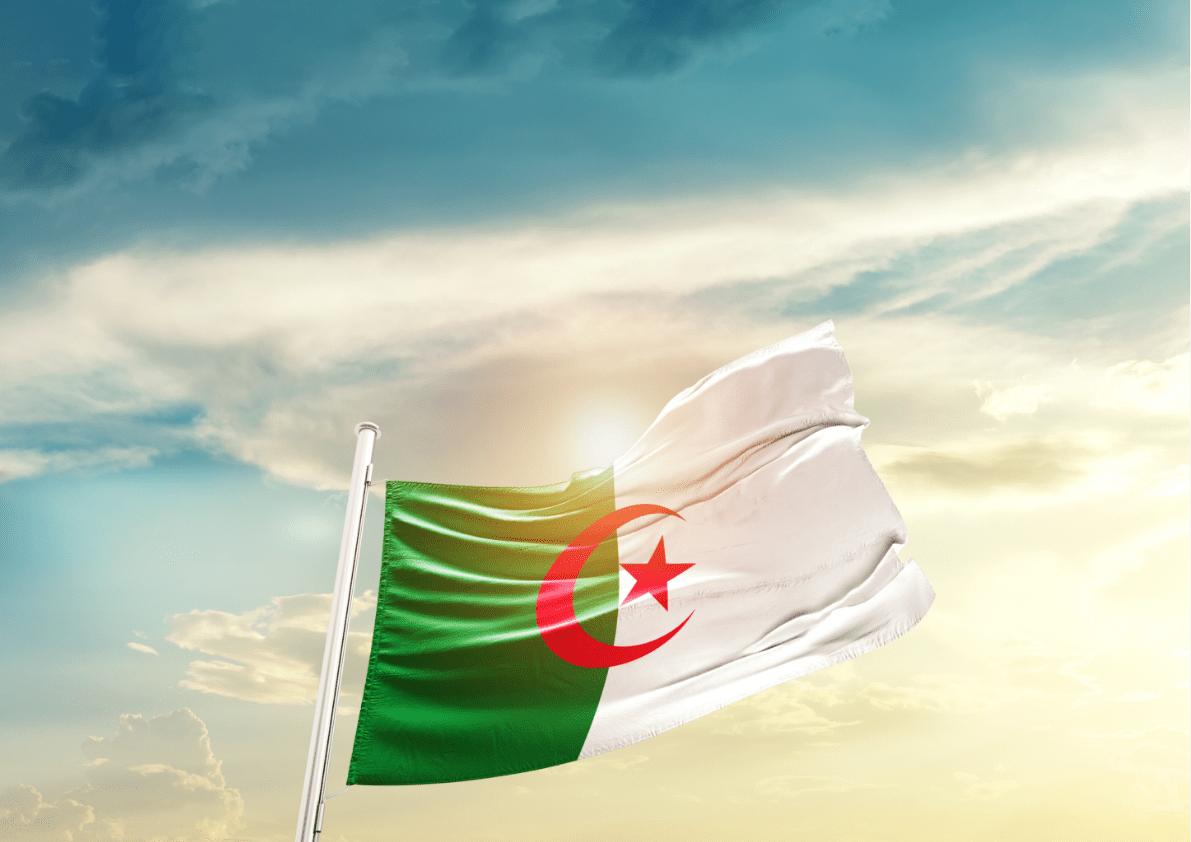
About Algiers
The capital city of Algeria, Algiers, which is nicknamed ‘El Bahdja’ (the joyful) or Algiers the White, was founded by Bologhine Ibn Ziri in 960 on the ancient ruins of the Roman city of Icosium. The former Ottoman town stretches for about 30 kilometres. It is bordered to the north and east by the Mediterranean Sea forming the famous bay of Algiers, and dominated by Casbah – the old Muslim city. Multiple foreign influences (Roman, Turkish and French) have shaped Algiers, making it a cosmopolitan region open to the world.
Algiers has historic districts, lively markets and unique architecture. It is known as a dynamic crossroad for the country’s rich cultural diversity. Algiers has many tourist attractions nearby, such as the Casbah of Algiers, Tipaza ruins, Maqam Echahid (Martyr’s Memorial), the Test Garden, etc. For more information on Algiers and its attractions, visit the Algerian Ministry of Tourism and Handicrafts’ official website: https://www.mta.gov.dz/
Image of The Maqam Echahid
Language
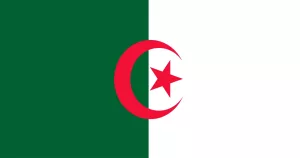
The official language of Algeria is Arabic and Tamazight. French is also widely spoken.
Money and Banking
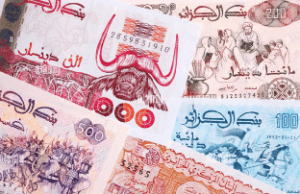
Algeria’s official currency is the Algerian Dinar, and banknotes are issued in 500, 1,000 and 2,000 dinar notes, as well as 5,
10, 20, 50, 100 and 200 dinar coins.
Official exchange rates vary, but these are given for information only:
USD is equivalentto about 140 dinars, and 1 euro is equivalentto about 150 dinars. Itis advised to check current
exchange rates with official sources or bureaux de change.
Foreign currency may be exchanged at Houari Boumediene international airport, banks, bureaux de change and hotels.
Banks in the main centres are generally open from 9 am to 3 pm from Sunday to Thursday.
Water

Please use bottled water, which is widely available, for guaranteed safe drinking water.
Electricity
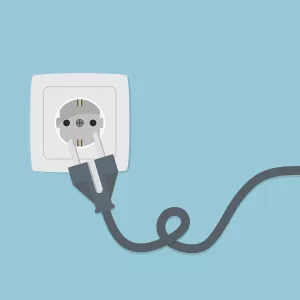
The standard voltage in Algeria is 230V at a frequency of 50Hz. Two plug types are used, type C (2 round parallel pins) and type F (2 round parallel pins and 2 grounding clips). Depending on your device, a travel adapter might be needed.
Local time
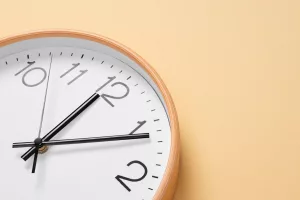
The time zone for Algeria is 1 hour ahead of GMT (GMT+1).
Telecommunications and ICT services
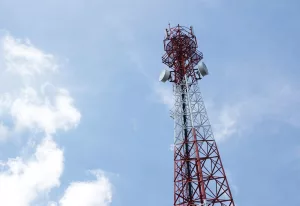
Telephone and Internet services are available inside and outside the hotels and in designated areas at the event venue.
Participants are encouraged to travel to Algeria with their mobile phones. A number of GSM service providers offer preloaded SIM cards with call credit, available for between US$1 and US$10, depending on type and quality. Algiers has several operators, such as Mobilis, Djezzy and Ooredoo.
Technical support for presentations is provided by the Algerian Ministry at the meeting venue.
Important phone numbers:
Toll-free numbers:
14: Fire brigade (civil protection)
17: Police:
1055: National Gendarmerie.

Self-Reliance and Sovereignty in the Housing Industry in Africa: Opportunities and Challenges
agm2024@shelterafrique.org
+254-20-4978000
Head Office: Longonot Rd, Shelter Afrique Centre, Nairobi, Kenya

